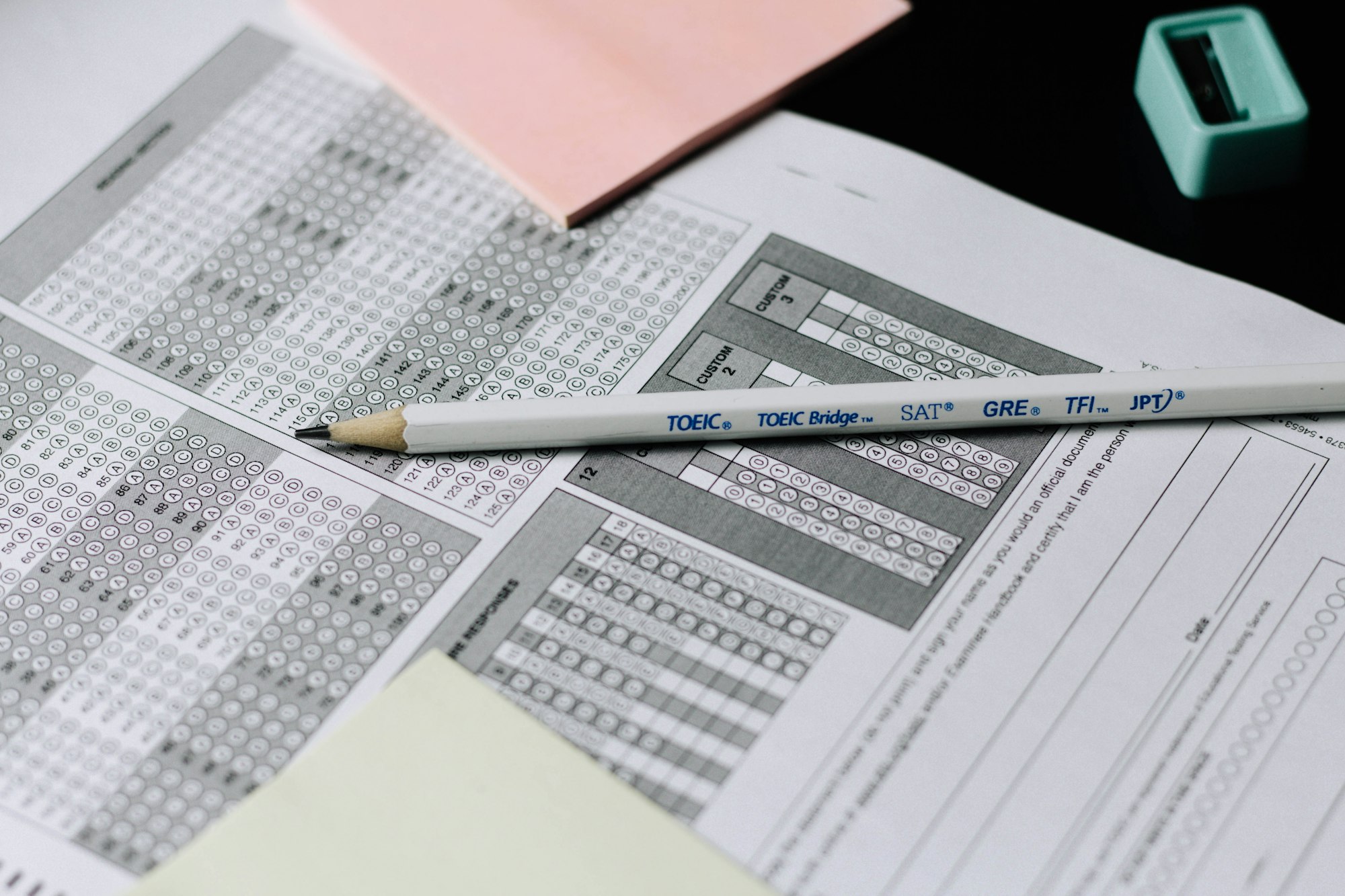Simplified: Students didn't take state-level assessments in 2020, making year-over-year comparisons impossible, but Sioux Falls has still been tracking student progress in other ways. Here's a look at some of the takeaways.
Why it matters
- Looking at 2021 state Report Card data – which posted last month – Sioux Falls is lagging behind the state in English Language Arts and math. But it's hard to say how students are progressing by that metric because 2020 data is missing.
- The Sioux Falls School District's test data shows students are back to where they were scoring in 2019 in reading and math, according to Assistant Superintendent Teresa Boysen.
"I shudder to think where we would be had we gone remote all year," Superintendent Jane Stavem said at the school board meeting Monday.
What else can we learn from available data?
Here are some other takeaways from both the report card and data presented to school board members Monday:
- More Sioux Falls students are ready for college and careers upon graduation. The combined college and career readiness measure on the state report card saw a 10-percentage-point jump. That's expected to increase again next year, Boysen said, as a new endorsement program works into how college readiness is scored at the state level.
- Fewer kids are taking the ACT. Fewer high schoolers – 53 percent – took the ACT compared to past years – 59 percent last year and about 68 percent in 2019. Participation decreased at a slower rate in Sioux Falls than at the national level, though.
- About 3 in 10 English language learners are "on track." Numbers have dropped steadily from the 2018-19 school year, but the percentage of kids exiting the English language acquisition program went up from 6 percent in 2019-20 to 8 percent in 2020-21.
What happens next?
The Sioux Falls School District will continue assessments working "from the bottom up," as Boysen puts it.
That means data starts at the classroom level with formative assessments to monitor how kids are doing daily, and builds to district-level and state-level assessments.
And while state-level report card data is important, Boysen said it's also important to keep up more frequently with how students are progressing.
"You can't wait for a one-time report card for evidence on student learning and whether we're on target," Boysen said.

